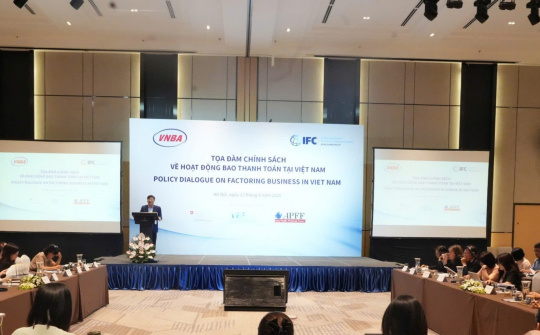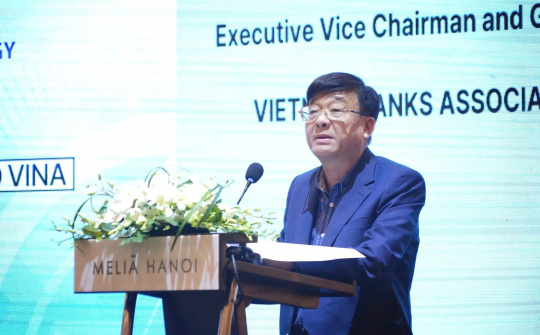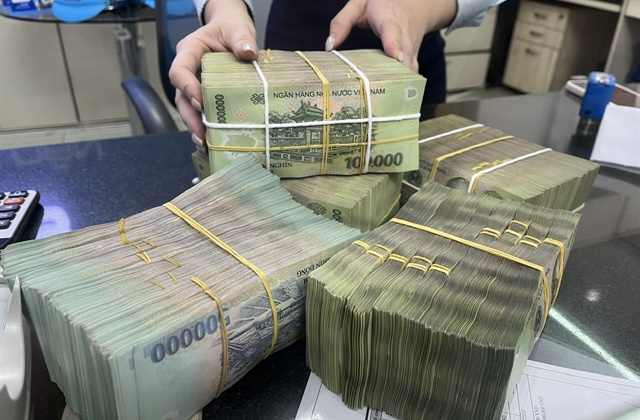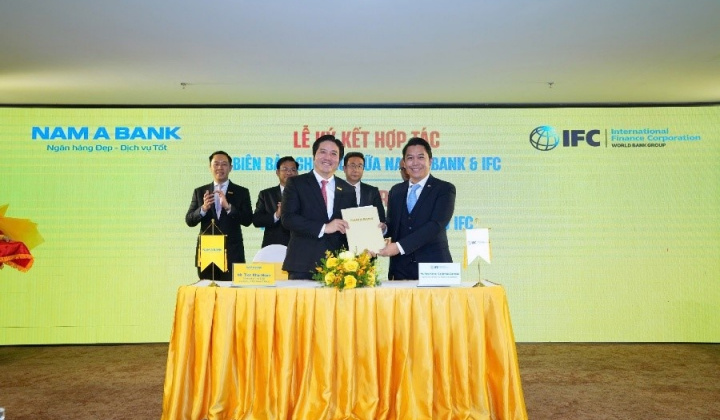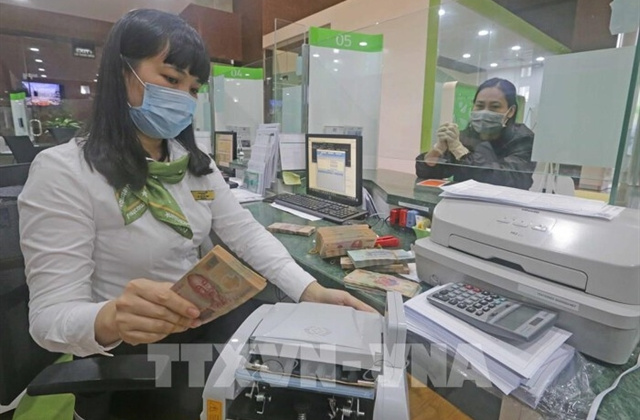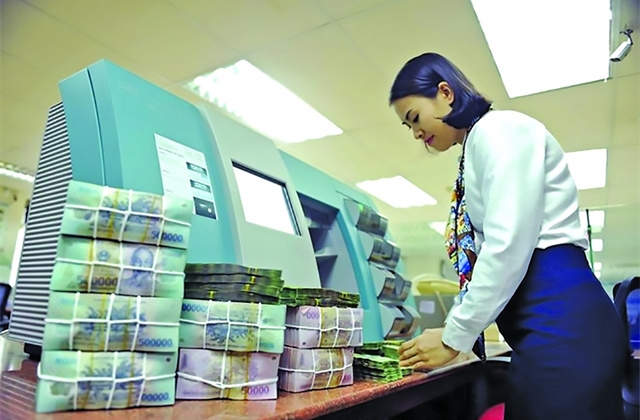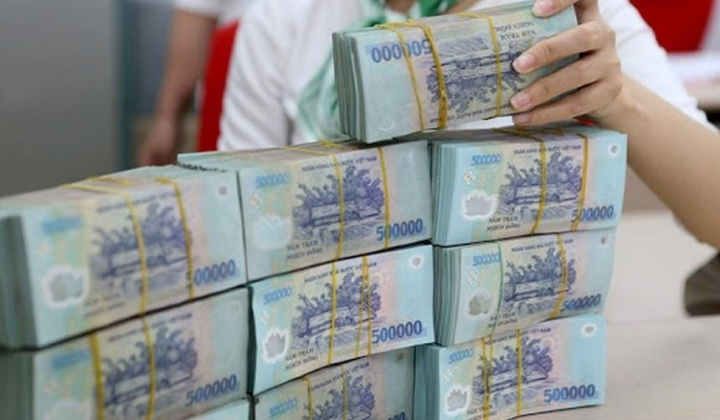Additionally, approximately 21.2 per cent of the Vietnamese population owns digital assets, making Vietnam the second-largest crypto market in the world by user base. Despite this surge in activity, the absence of a structured regulatory framework has left the industry in a legal grey area, with neither official recognition nor protection.
The consequences of this legal void are substantial. Without clear regulations, Vietnam has failed to collect taxes on crypto-related transactions, resulting in significant revenue losses. Moreover, the lack of investor protection has led to widespread fraud.

Regulatory uncertainty means some crypto startups register in jurisdictions with more suitable policies
According to the National Cybersecurity Association, Vietnamese citizens lost an estimated $756 million to online scams in 2024. The regulatory uncertainty has also driven many high-potential crypto startups to register in jurisdictions with more progressive policies, such as Singapore.
In this context, the need for a comprehensive legal framework for cryptoassets has never been more urgent.
Recognising the growing importance of cryptoassets in Vietnam’s economic future, the country’s top policymakers have called for urgent regulatory action. In February, Party General Secretary To Lam emphasised the need to regulate cryptocurrencies as virtual assets to mitigate economic and social risks while contributing to economic growth. He expressed support for establishing a regulatory sandbox to pilot controlled crypto trading platforms.
Following this, Prime Minister Pham Minh Chinh directed the Ministry of Finance (MoF) and the Ministry of Science and Technology to finalise policies on digital assets and a regulatory sandbox as soon as possible. Reinforcing this momentum, the PM issued a directive on March 1 prioritising the development of a legal framework for digital assets and cryptocurrencies, assigning the MoF and the State Bank of Vietnam to present a comprehensive framework by the end of this month.
Deputy Minister of Finance Nguyen Duc Chi has also announced that the MoF would soon propose a resolution for a regulated crypto trading platform, aiming to protect investors and enable businesses to legally issue digital assets for fundraising.
A regulatory sandbox is a framework designed to facilitate controlled experimentation for innovative financial services. It allows businesses to test new models under regulatory supervision, ensuring that emerging technologies can be assessed and gradually integrated into the legal system without disrupting market stability.
For businesses, a sandbox provides legal boundaries and a structured environment for innovation. Without clear regulations, crypto and fintech companies face uncertainty, limiting their ability to develop and scale. It addresses this challenge by establishing a temporary framework, allowing businesses to trial new financial services while regulators assess their market impact. This encourages responsible innovation while safeguarding consumer protection and financial security.
Vietnam has previously attempted to introduce sandbox regulations over the past five years, but none were officially adopted. The 2024 draft notably excluded blockchain-related businesses, reflecting a cautious stance.
However, in early 2025, a National Assembly draft resolution on establishing financial centres in Vietnam proposed a sandbox framework for fintech business models, explicitly including crypto trading platforms and tokenised assets. This marks a significant policy shift, laying the groundwork for Vietnam to develop a progressive digital asset economy under regulatory oversight.
Vietnam’s regulatory sandbox must strike a balance between national growth and risk management. The regulations are expected to create a structured yet flexible environment for the digital asset economy, ensuring market stability while fostering growth, investment, and compliance as cryptoassets continue to evolve.
Establishing a legal framework for innovation in vital. Clear and adaptive regulations are essential to fostering technological advancement. The sandbox should enable crypto trading platforms, blockchain-based financial services, and tokenised assets to operate transparently under regulatory supervision, strengthening market integrity and investor confidence.
In addition, cryptoassets offer new channels for fundraising and investment. The sandbox should facilitate initial coin offerings and tokenised securities, allowing Vietnamese businesses to access global funding streams and supporting the expansion of fintech enterprises and startups.
With millions of Vietnamese already engaged in crypto trading, robust investor protection is crucial. The sandbox should incorporate strict anti-fraud measures, cybersecurity standards, and investor education initiatives to safeguard participants and promote informed decision-making.
Additionally, and to encourage greater participation, the regulatory sandbox should offer temporary exemptions, such as relaxed requirements, market access flexibility, and reduced compliance burdens, allowing firms to test innovative financial services with lower entry barriers. Tax incentives and government-backed funding can further attract fintech firms, fostering a thriving and competitive digital asset ecosystem.
Vietnam stands at a crucial turning point. The digital asset market has outpaced the country’s existing regulatory framework, resulting in missed economic opportunities, heightened financial risks, and capital flight to more crypto-friendly jurisdictions. However, recent directives from Vietnam’s leadership demonstrate a strong commitment to establishing a comprehensive legal structure for digital assets.
By drawing inspiration from market leaders that have successfully implemented regulatory sandboxes, Vietnam can design one that fosters innovation, attracts investment, and safeguards stakeholders.
Beyond regulatory improvements, a well-structured sandbox can position Vietnam as a regional leader in digital finance, and help with the country’s broader economic ambitions.
Source: VIR





